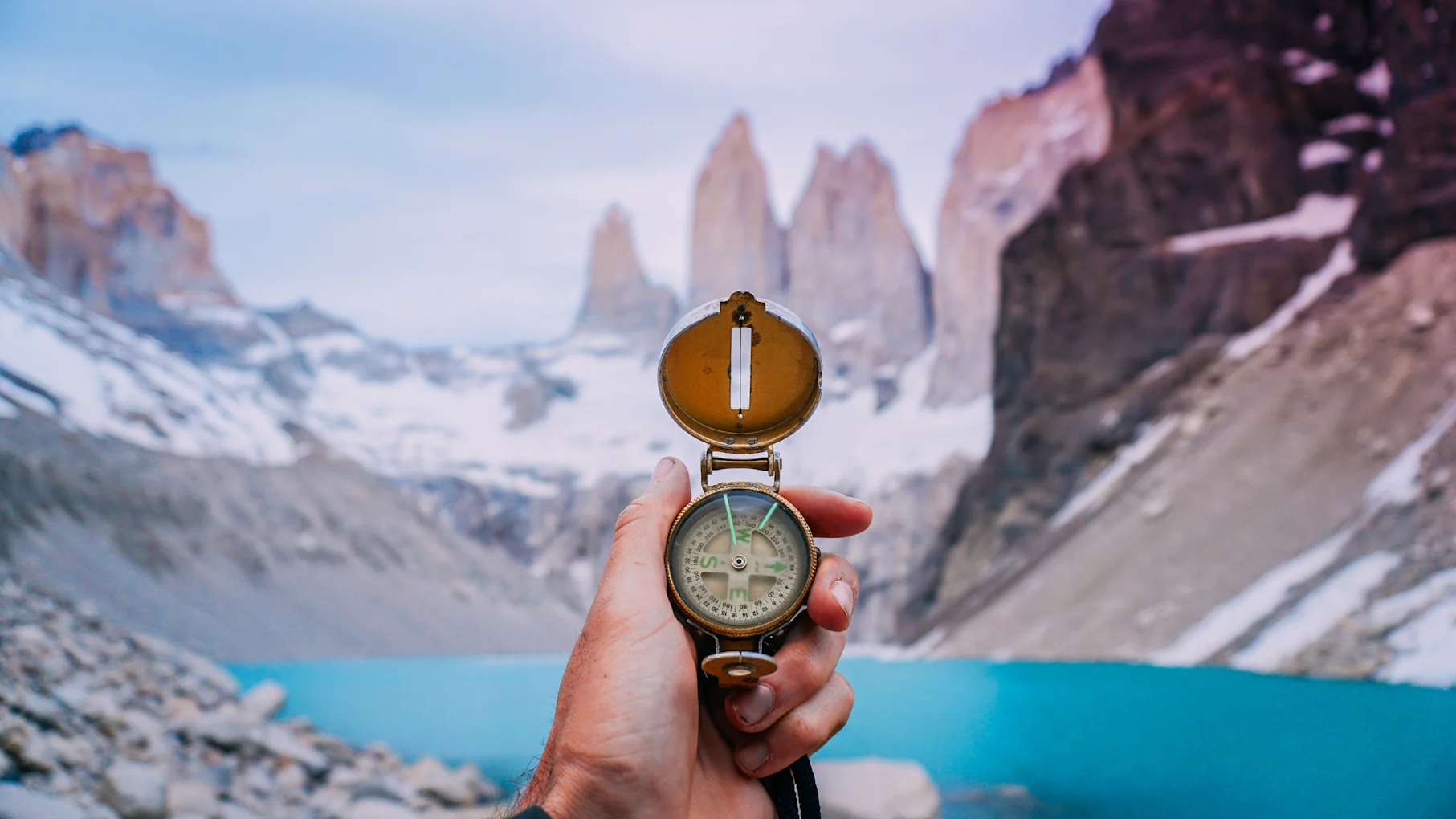In a world increasingly reliant on technology for navigation and direction, the array of satellite communicator hiking devices at our disposal has never been more diverse. From smartphones and dedicated GPS units to smartwatches, choosing the right navigation tool can be a bewildering task. With each device offering its unique set of features and capabilities, it's essential to understand the differences and determine which one suits your needs best.
In this blog post, we'll explore the various types of GPS navigation and satellite communicator devices available and provide guidance on how to make an informed choice that aligns with your specific navigation requirements.

Different types of satellite communicator hiking devices
There are several types of devices to choose from when venturing into the backcountry. These are outlined below.
Personal locator beacons (PLBs): This satellite-synced device sends an SOS signal to rescue agencies, along with your location. Key attributes include:
Works in remote areas worldwide (per device manufacturer restrictions)
Has a multiyear battery life (replacement oftentimes requires sending it in)
No subscription fees
No ability to send messages home or cancel an SOS call
Stronger signal than a satellite messenger (unobstructed view of sky works best)
Satellite communicator / messenger: While this type of device is also able to send an SOS signal, it also offers communication options and a wide range of other functions. These devices fall into two main buckets:
A one-way satellite communicator allows you to send messages out, but not receive them.
A two-way satellite communicator allows you to send and receive messages. Most of these require pairing with a cell-phone.
Key additional attributes of this kind of device are also outlined below.
Works worldwide, though coverage varies by brand
Rechargeable batteries
Requires a subscription (plans/fees vary widely)
Can also send/receive non-emergency messages home (some only send them)
Some models allow two-way texting to coordinate with rescuers after SOS calls; this also allows you to cancel an SOS call
Unobstructed view of sky is needed for a good signal
Offers a range of GPS navigation features, varying by model
GPS Device: This nifty technology provides detailed navigation information, including way-points, POIs, trail networks, topography and much more. Sometimes these devices come as stand-alone GPS navigators, but often they will also include some form of communication capabilities as well aligned to the functionality we discussed above with Personal Locator Beacons and Satellite Communicators.
Use what you already have too!
Most of today's smartphones have built in GPS that can be used in the backcountry as well. Download Google Maps offline before your trip and then use your phone to get a rough idea of your location, for example. Another great tool to map your route manually is Gaia GPS or even a downloaded map on the AllTrails app.
Many avid outdoorspeople also make use of smart watches with built in GPS as well for their adventures. Garmin and Suunto are two popular brands, for example. Oftentimes you can upload your route to the watch and record your progress directly from your wrist. When in a pinch though, it can be helpful to have one of the devices outlined above along with your phone / watch so that you can take advantage of their additional communication & safety capabilities.
Get out there and explore!
By exploring the various types of devices discussed in this blog post, from the convenience of smartphones to the reliability of satellite communicator hiking devices, you can now make an informed choice that perfectly aligns with your unique needs and preferences. Remember that the ideal GPS device for you depends on your specific use case. Embrace the power of technology, choose wisely, and enjoy the peace of mind that comes with knowing you're always on the right path. And if you need to rent a satellite communicator device for your next trip, consider using GeerGarage's outdoor gear-sharing marketplace. Safe travels!
